Sliding scale pricing for self-pay patients
TMS vs Medication
Two paths to treating depression - but very different experiences.
In
30
Seconds

TMS is non-invasive and targets brain circuits directly.

Medications are systemic and often require long-term use.

TMS has fewer side effects and may work when meds don’t.
Traditional Approach: Medications & Therapy
Medications and talk therapy are often first-line treatments for depression. They can help many people - but not everyone responds, and side effects can be difficult to manage.
- Antidepressants often take 4–8 weeks to work
- Many patients cycle through multiple medications
- Long-term use is common: 66% take them for over 2 years
- Side effects like weight changes, fatigue, and sexual dysfunction are common
Even with optimal care, relapse rates remain high, especially with multiple failed trials.

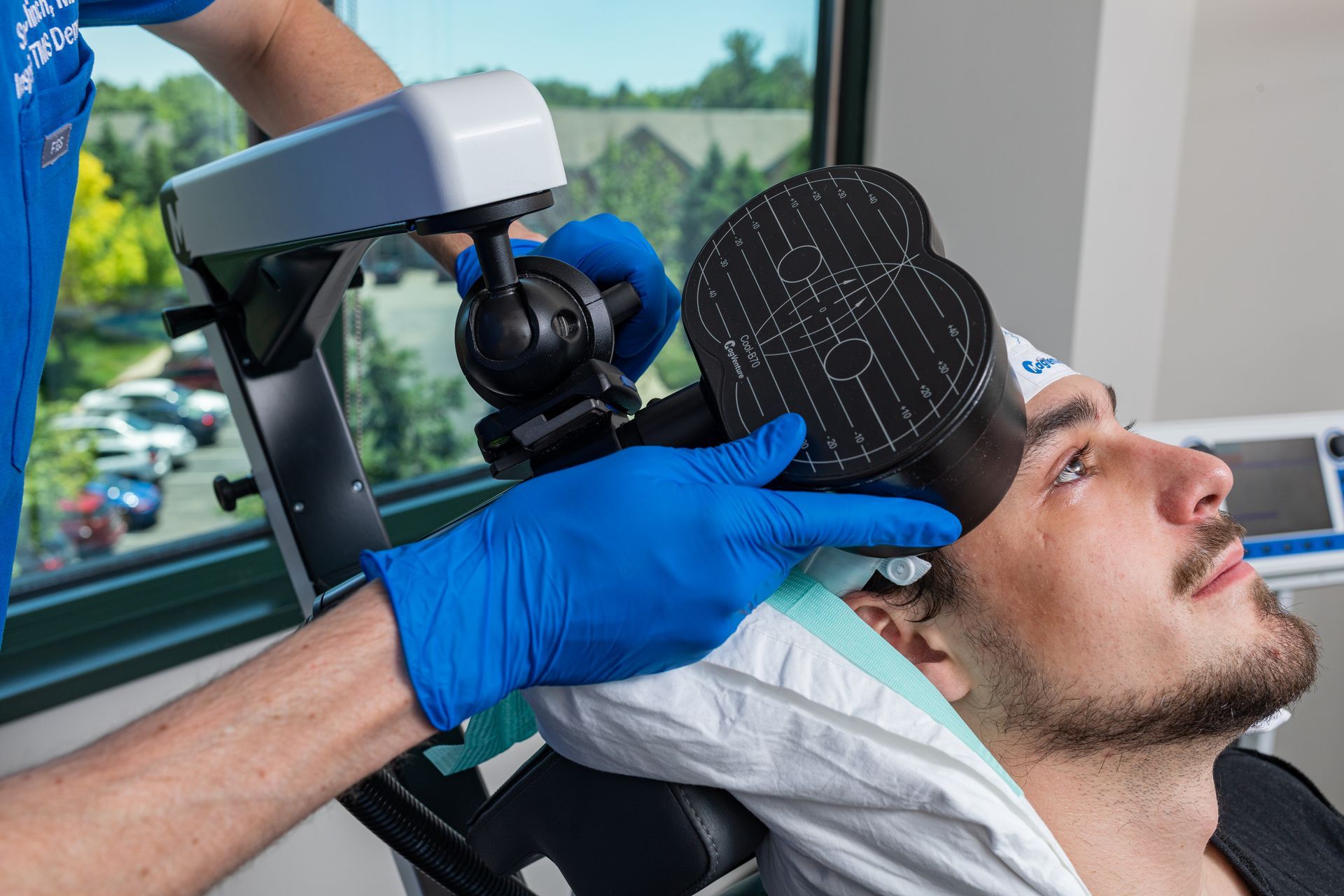
New Option: TMS Therapy
TMS (Transcranial Magnetic Stimulation) uses focused magnetic pulses to stimulate specific areas of the brain involved in mood regulation. It’s:
- FDA-approved
- Covered by insurance
- Personalized for you
- Medication-free
Most patients who try TMS at Inspire TMS Denver have already failed at least two medication trials - yet up to 80% see meaningful improvement, and up to 50% achieve full remission.
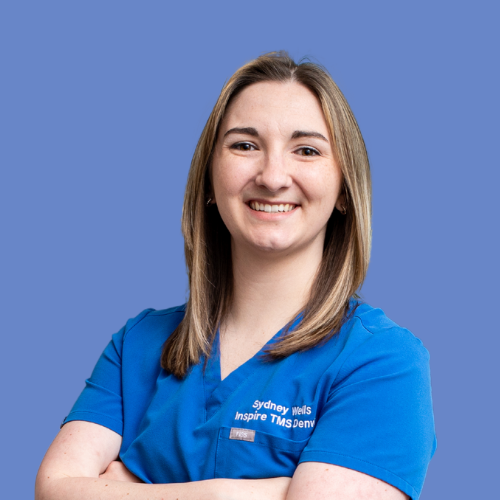
Comparing TMS vs Medications
| TMS Therapy | Antidepressants | |
|---|---|---|
| How it works | Magnetic pulses stimulate mood-related brain areas | Alters brain chemistry through medication |
| Treatment type | Non-invasive, outpatient, no medication | Daily pills, often long-term use |
| Side effects | Minimal (mild headache, scalp sensitivity) | Weight gain, sexual side effects, fatigue, GI issues |
| Response timeline | 2–6 weeks for most | 4–12 weeks or longer |
| Personalization | Custom protocol for each patient | Often trial-and-error with doses/meds |
| FDA-approved | Yes (for depression, OCD) | Yes (many types) |
| Relapse risk | Lower, especially with follow-up care | Higher when stopping meds |
Not Sure Where to Start?
Take a quick quiz to get answers about your care options, coverage, and costs - in under 2 minutes.
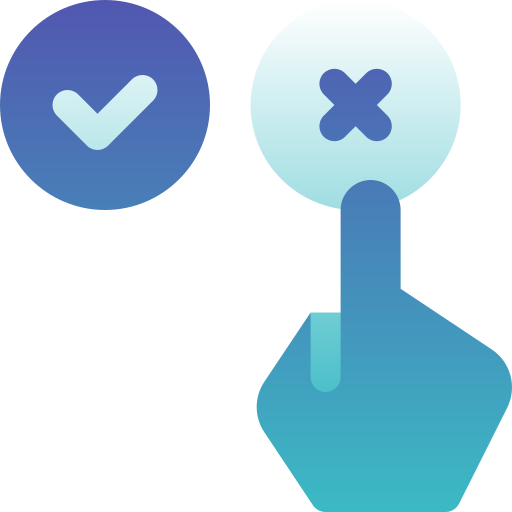
Is TMS Right for Me?
Find out if TMS is a good fit for your symptoms and treatment history.

Quick 9-question screening

No pressure, no commitment

Personalized feedback

TMS Cost Estimator
Curious about your insurance coverage or out-of-pocket costs?

Coverage check

Self-pay pricing options

Sliding scale

Sliding scale

Talk to a Doctor
Free 10–15 Min Call
Find out if TMS is a good fit for your symptoms and treatment history.

Eligibility & treatment info

Insurance & cost guidance

Personalized care advice
Our shared inspiration is to alleviate mental illness and improve the mental wellbeing of the patients we treat. We respect all backgrounds and cultures and want to hear our patient’s stories to best guide care. During treatment, we reinforce positive wellness practices, help maximize lifestyle modifications, and integrate rTMS therapy into a patient’s overall mental and physical health treatment.
Samuel B. Clinch, M.D
Medical Director

Services & Resources

Us vs Them
What sets Inspire TMS apart from typical TMS providers
Inspire TMS Denver
Sliding Scale Pricing Available
5-day Accelerated TMS Protocol
10–15 min call with Doctor
Focused Exclusively on TMS
>80% Clinic Response Rate
Cost Estimator Tool
15,000+ Treatments Completed
Other Clinics
Fixed Pricing Only
Often Unavailable
Long Wait or Intake Staff Only
Larger Multi-Service Clinics
Unpublished or National Data
No estimator or Guidance
Unknown Volume
Hear What Our Patients are Saying
40+ Five Star Reviews on TMS Therapy In Denver, Colorado
Making TMS Affordable For Everyone
We believe cost should never be a barrier to effective care. That’s why we offer:


Coverage with most major insurance providers

Easy access to third-party financing options

Free 10–15 minute consultation to get started
Why Choose Inspire TMS Denver
We combine clinical expertise with a personalized, patient-first approach. From board-certified care and flexible pricing to proven treatment outcomes, we’re here to help you find lasting relief - with support every step of the way.

Affordability Made Simple
Insurance, Financing & Sliding Scale Options
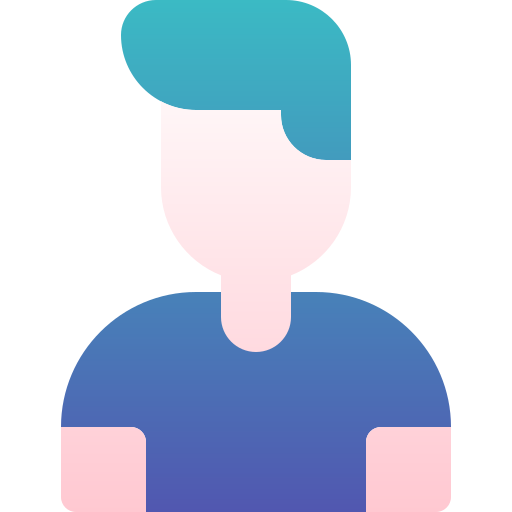
Board-Certified Psychiatrist
Over 10 Years of Clinical Experience
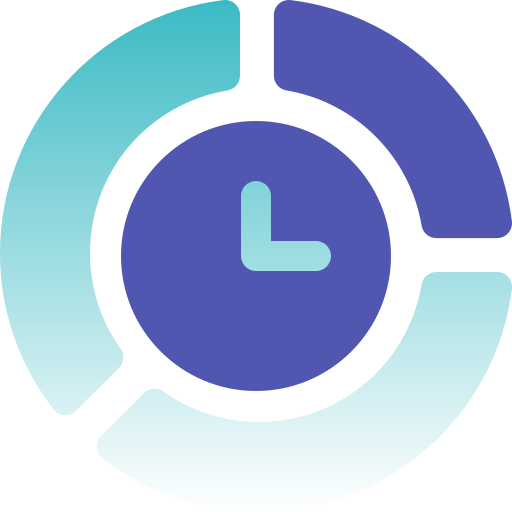
Fast-Track TMS Option
5-Day Protocol for Faster Relief
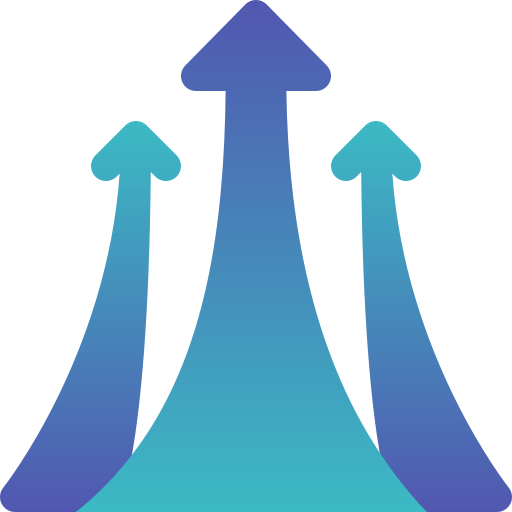
Proven Patient Outcomes
Success Rates Tracked In-Clinic
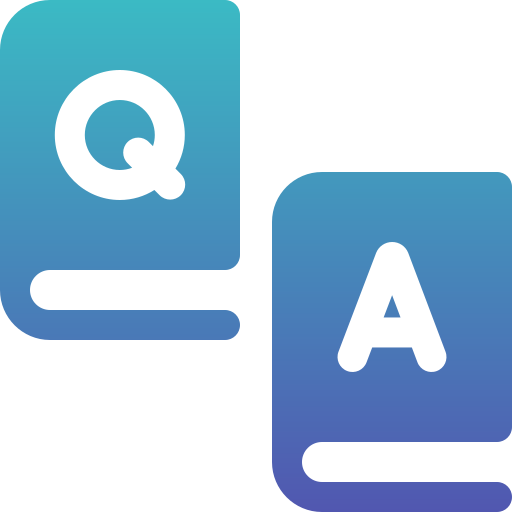
Free Doctor Consultation
No Obligation, 10–15 Minute Intro Call

Personalized Care Plans
Tailored TMS Treatment for Every Patient
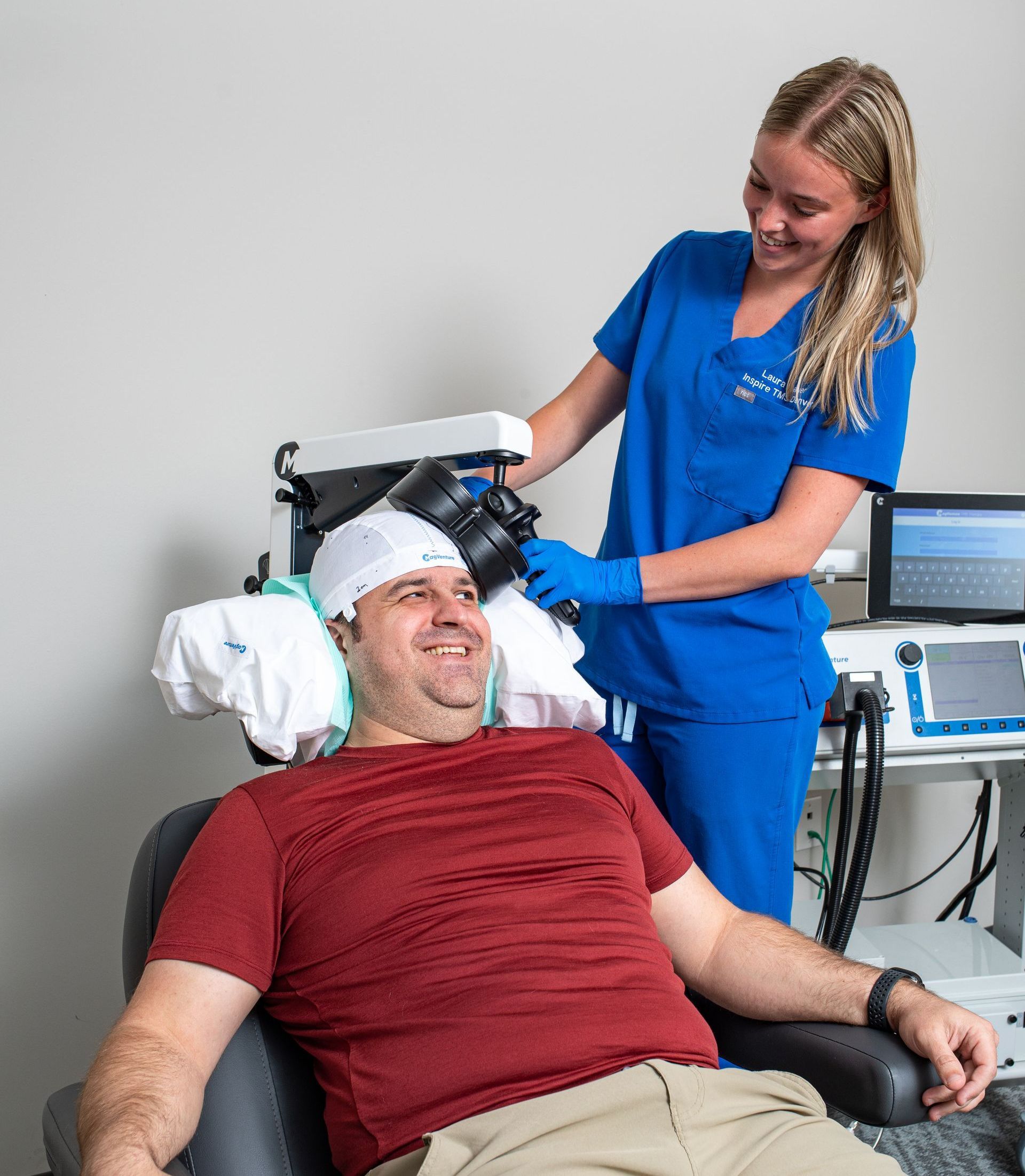
Your Free Consultation
Call us at 720-446-8675 or complete the form below.
Contact Us
We will get back to you as soon as possible.
Please try again later.

What Happens After I Send My Message?

A team member will confirm your free consultation within one business day

We’ll help you explore if TMS is right for you

You’ll get answers to your questions about treatment, eligibility, and cost







